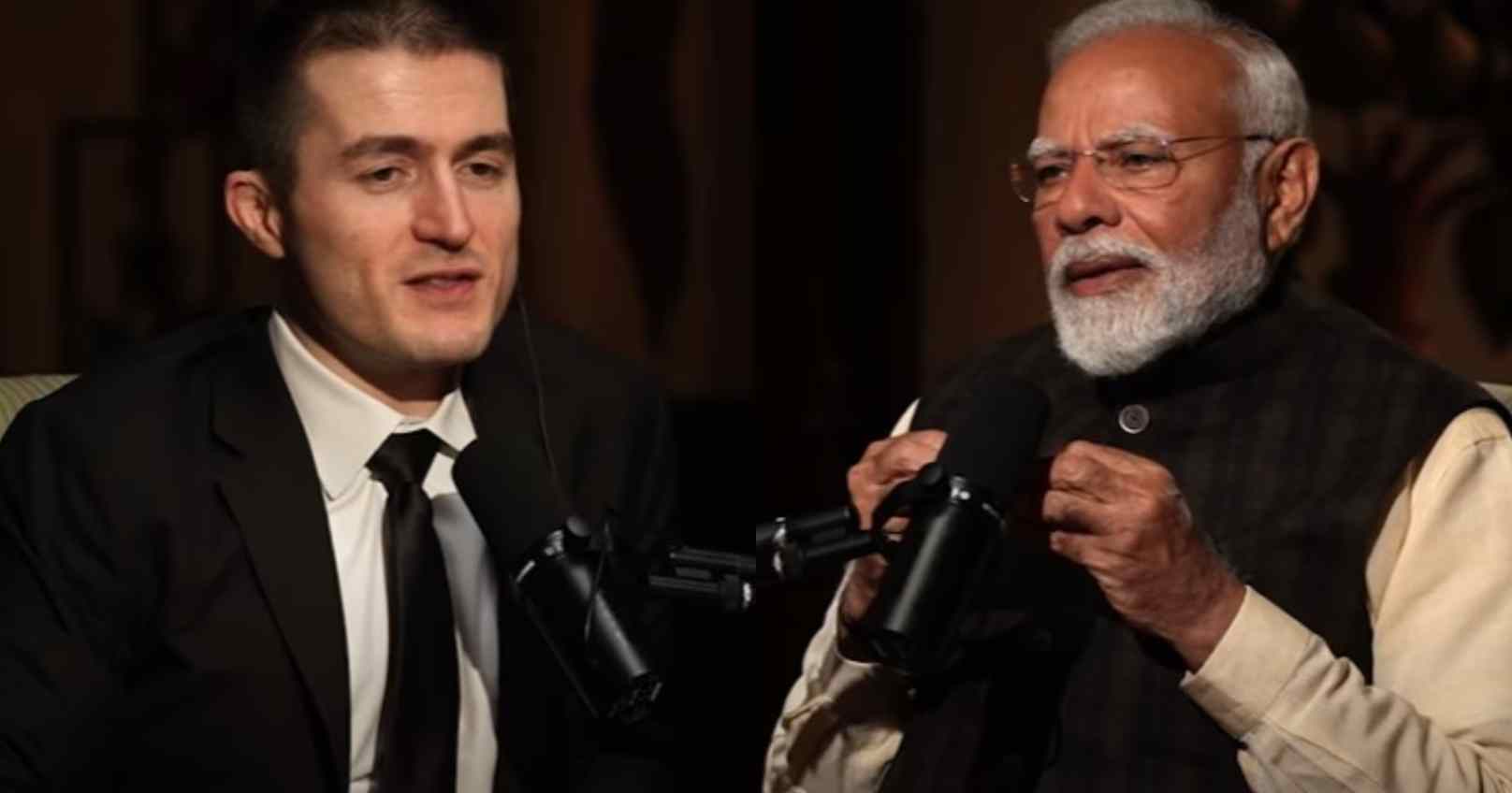During a podcast interview with American scientist Lex Fridman on Sunday, Prime Minister Narendra Modi strongly criticized the United Nations and other global institutions, citing their diminishing relevance amid escalating international conflicts, including tensions between China and the U.S. and the ongoing Middle East crisis. According to him, these organizations have failed to adapt and bring about necessary reforms.
"The institutions established to govern global affairs have lost their significance due to a lack of reform. Bodies like the UN are unable to fulfill their intended roles. Those who disregard laws and international norms continue to act with impunity, and there is no effective mechanism to stop them," PM Modi remarked.
Reflecting on the broader challenges facing the world, he pointed to the Covid-19 pandemic as a stark reminder of human vulnerability. He emphasized how the crisis humbled even the most developed and technologically advanced nations, exposing the limitations of each country.
"The pandemic was a moment of reckoning for all of us. Regardless of how advanced or progressive a nation considers itself, Covid-19 brought every country back to reality. It seemed like this experience would push the world towards a new era of cooperation and stability, but instead, uncertainty deepened, conflicts escalated, and global divisions grew wider," he told Fridman.
Advocating for a shift from confrontation to collaboration, PM Modi stressed that progress lies in unity and development rather than expansionism. He reiterated that in an interconnected world, no country can stand alone, making international cooperation more crucial than ever.
"The world today is deeply interdependent. No nation can function in isolation. Wherever I go, I see global leaders expressing concern over rising conflicts. We all hope for a resolution and a more peaceful future," he added.
This isn’t the first time PM Modi has called for reform. Speaking at the UN’s 'Summit of the Future' last year, he emphasized the need for structural changes, asserting that the effectiveness of global institutions must align with the evolving global landscape.
India’s Push for a Permanent UNSC Seat
For years, India has advocated for a permanent seat on the United Nations Security Council (UNSC), arguing that the current structure—established in 1945—does not reflect contemporary geopolitical realities. As a non-permanent member in 2021-22, India reaffirmed its stance that the 15-member council needs to evolve to stay relevant.
Currently, the UNSC consists of five permanent members—Russia, China, the United States, France, and the United Kingdom—who wield veto power, alongside 10 non-permanent members elected for two-year terms. While the UK, France, and the U.S. have expressed support for India’s inclusion, a formal resolution on restructuring the UNSC remains pending.







